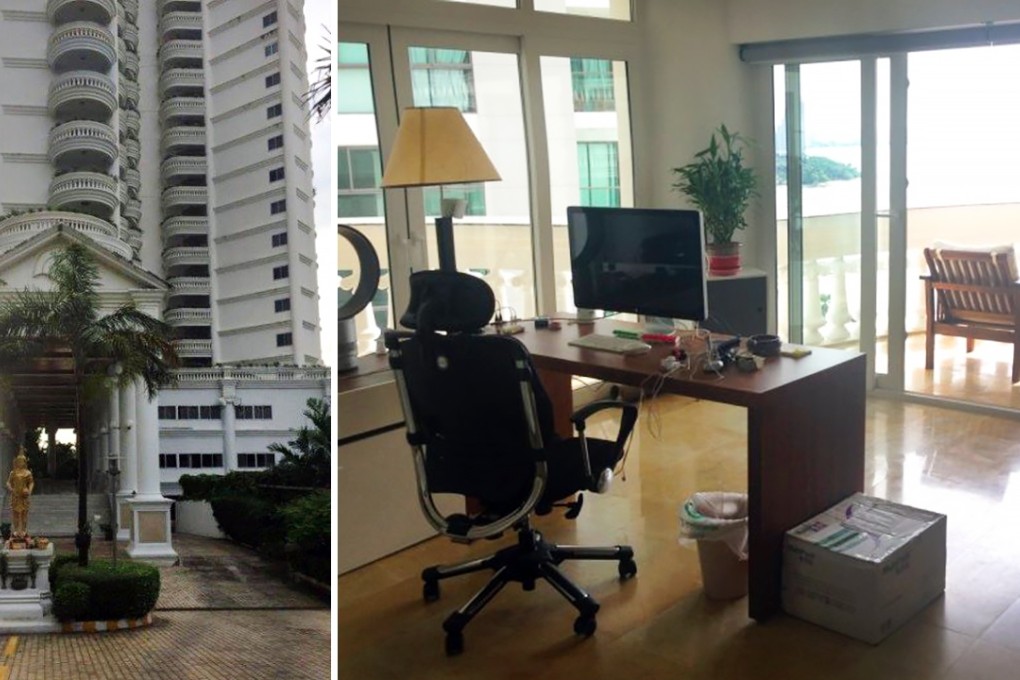Exclusive | ‘What has happened to him is abduction’: Gui Minhai was involved in drink drive accident but trip to mainland dubious, close friend reveals
Dissident poet Bei Ling says Gui’s confession looked like a ‘scripted speech’, and reveals four Chinese men had entered Gui’s Thailand home and attempted to take his computer

October is usually the time the resort town of Pattaya in Thailand shrugs off the lull of the low season as it prepares for year-end tourists seeking the sun and sea.
But on the sunny afternoon of October 17, an unexpected visitor cast a curious shadow when he arrived at a condominium building in search of someone.
Gui Minhai, garbed in a T-shirt and white shorts, hurriedly dropped off groceries he had just bought with the managers of his apartment building as soon as he saw the visitor and invited the young man into his white car.
That was the last time Gui was seen alive, and thereafter his whereabouts remained a mystery – until he appeared on the state-run CCTV on Sunday claiming he had surrendered to mainland authorities for a drink-driving death he allegedly caused in 2003.
READ MORE: CY Leung hints there’s little he can do about detained bookseller
The last appearance by Gui near his holiday home, captured by closed circuit television, would not have come to light if a long-time friend had not taken the initiative to investigate his disappearance, along with four others who vanished separately later.